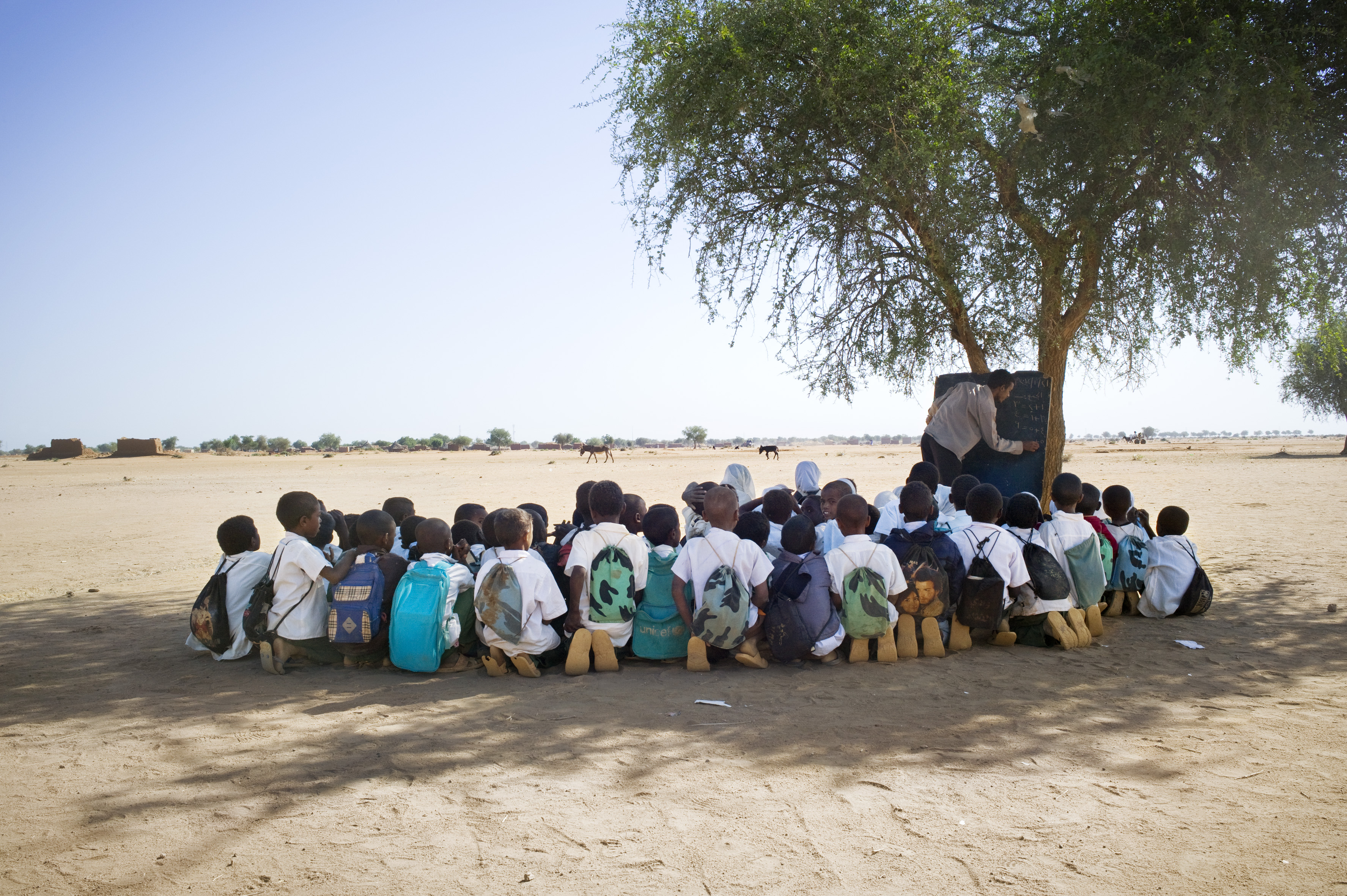
Policies
Social Cash Transfer Pilot Programme (SCTPP)
Context
The Social Cash Transfer Pilot Programme (SCTPP) was launched in 2011 by the Tigray Bureau of Labour and Social Affairs (BOLSA) with support from UNICEF in the Tigray region of Ethiopia. The initiative aims to improve the quality of life for orphans, vulnerable children, the elderly, and persons with disabilities. By providing regular and predictable cash transfers, the program seeks to alleviate poverty, reduce hunger, increase school enrollment and attendance, and improve health and nutrition among these vulnerable populations.
Solution
The Social Cash Transfer Pilot Programme (SCTPP) in Tigray, Ethiopia, provides regular monthly cash transfers to the poorest labor-constrained households, with additional financial support for children, disabled individuals, and the elderly. This community-based initiative involves local Community Care Coalitions and social workers to ensure that the most vulnerable households receive assistance. By offering these targeted cash transfers, the program aims to alleviate poverty, reduce hunger, and improve education, health, and nutrition outcomes for orphans, vulnerable children, the elderly, and persons with disabilities.
Impact
The SCTPP has significantly impacted the Tigray region by reducing poverty and hunger among vulnerable populations. The additional financial incentives for school-going children have increased school enrollment and attendance. Health and nutrition outcomes for children have improved, as families can better access essential services. The program also promotes social inclusion by specifically targeting marginalized groups, ensuring they receive the necessary support. This initiative demonstrates the effectiveness of targeted financial assistance in enhancing the quality of life for the most disadvantaged households.
Analysis
Though impactful in reducing poverty and improving education, the Social Cash Transfer Pilot Programme (SCTPP) in Tigray, Ethiopia faces financial sustainability issues and potential biases in community-based targeting. Replication in other regions requires securing diverse funding sources, adapting community involvement strategies, expanding support to cover healthcare and education needs, and implementing robust monitoring and evaluation frameworks. The SCTPP's successful model can be adapted by addressing these challenges to support vulnerable populations in different ecosystems effectively.
Organization
Partners
Country
Scalability
Replicability
Sources
Promote well-designed financing arrangements for adult education and training
Funding & Finance PoliciesGiven the disproportionately lower rates of participation in adult learning by disadvantaged groups, older workers, and small firms, governments might need to set up incentives, such as a range of financial arrangements, as a way to overcome typical barriers to adult learning take-up. Funding mechanisms that co-finance adult learning expenses by firms and adults, or that allow individuals to have greater choice of learning opportunities can raise the efficiency of provision.
Read More











